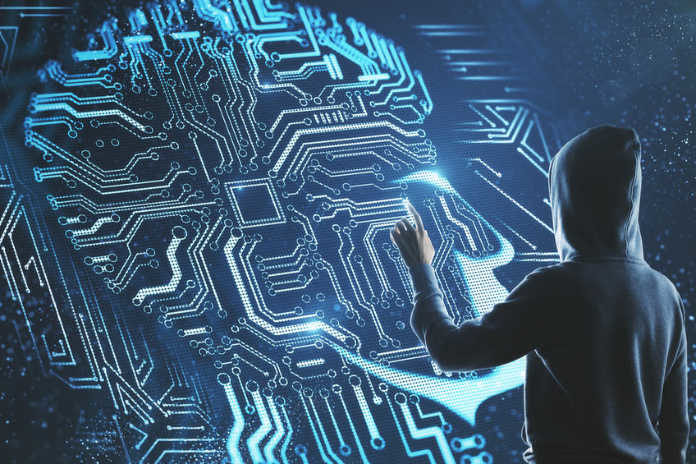
Artificial intelligence helps overcome many biases but won’t replace the human factor anytime soon, said a panel at South by Southwest. And while AI-based recruiting systems have biases of their own, that shouldn’t prevent employers from using them as part of their hiring process.
During the discussion, Information Technology Industry Council CEO Jason Oxman acknowledged that AI systems can’t help but reflect the biases of the people who create them. However, he said, that doesn’t change the fact that algorithms can also help eliminate the unconscious biases of recruiters and hiring managers.
'If we’re not mindful of the #data used in our algorithms, we can amplify or reinforce existing #bias in the hiring process.' #HRTech #HR Share on XAs such technologies mature, he continued, the impact will be dramatic. “When AI can help sift through a diverse pool of future employees in a fair way, I think we will see an enormous shift in the hiring process,” Oxman said.
Still, employers should be aware of how biased data can affect their hiring decisions. “If we’re not mindful of the data that’s used in our algorithms, both input data and outcome data, we can amplify or reinforce existing bias in the hiring process,” said Myra Norton, president and chief operating officer of talent analytics firm Arena. “The question should be whether we can do better with these tools than we can with the status quo.”
The panel on “AI and the Democratization of Work” was moderated by Jacob Hsu, CEO of the predictive analytics firm Catalyte. Suzy Ryoo, a partner at Cross Culture Ventures, joined Oxman and Norton in the discussion.
AI Puts More Data to Use
According to Norton, employers rely on a remarkably limited set of information when they don’t use analytics in their hiring. Resume details, education, personal experiences and bias can all affect an employer’s decision-making. The result, she said, is that, “organizations commonly fail to hire, promote or move the person who will be exceptional in the role they need to fill,” she said.
That, in turn, directly impacts an organization’s success, Norton said. “Some individuals end up in jobs where they’re unsatisfied, underutilized and frustrated, while others are blocked from opportunities where they would excel,” she believes. AI can help fix that problem by identifying candidates who are more likely to succeed in a given role, whatever socioeconomic or other factors are in play. AI, Norton said, helps create “a level playing field.”
For his part, Oxman sees momentum growing behind the use of AI software in combatting bias. “I think it’s something we’re going to see a lot more of very soon,” he said.
However that doesn’t mean people should be removed from the hiring process, Norton said. “People work for people, and you can’t have an algorithm make a hire when a human being will need to onboard, grow and develop that person,” she explained. “Algorithms can augment and refine our judgment and experience as human beings, but they don’t replace them.”
Sign up for our newsletter here.
Image: 123RF













